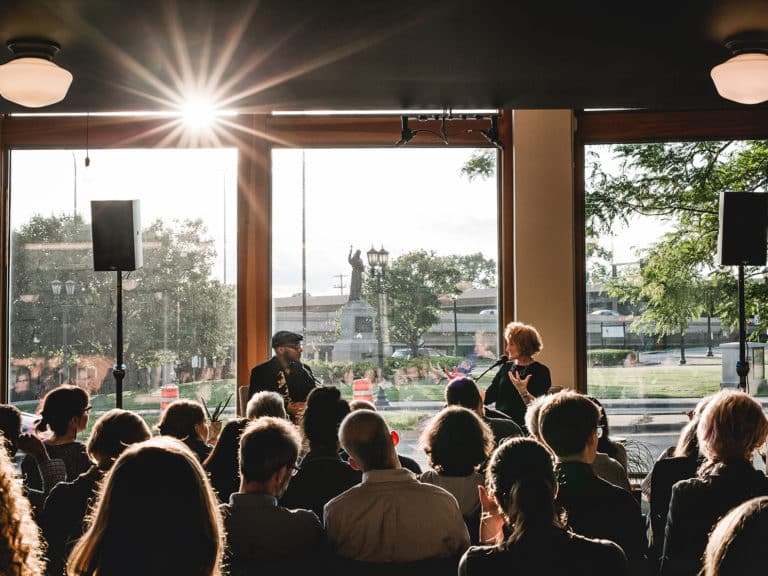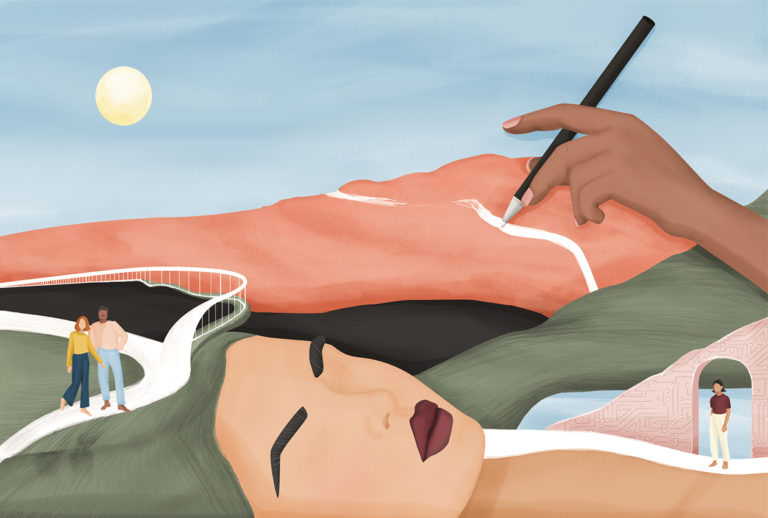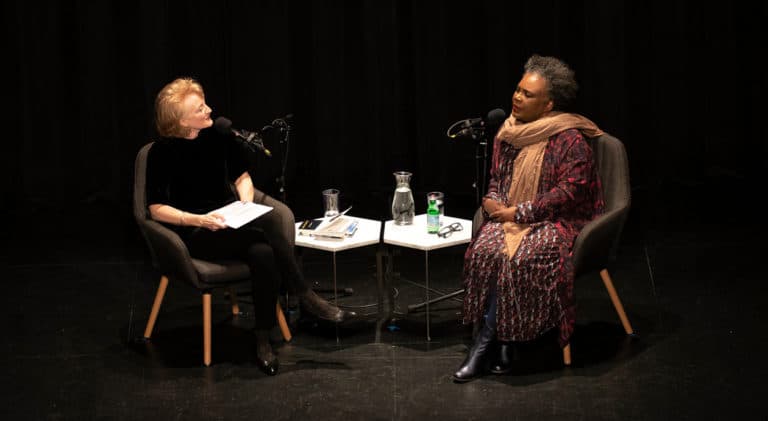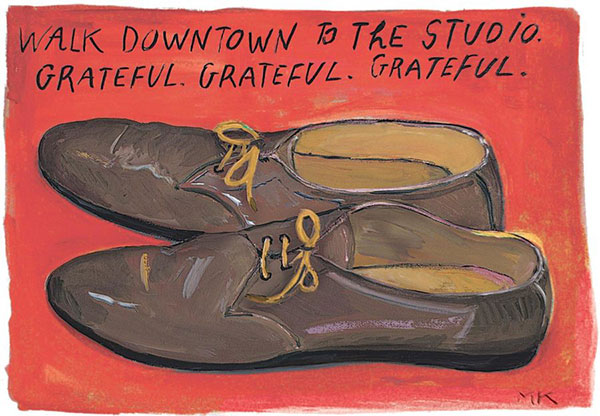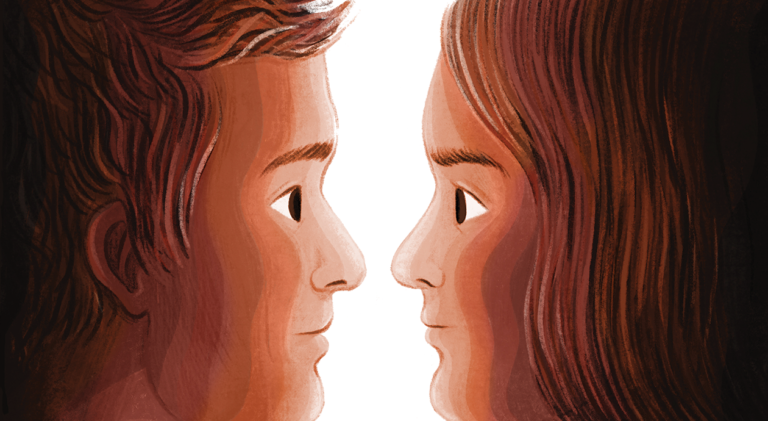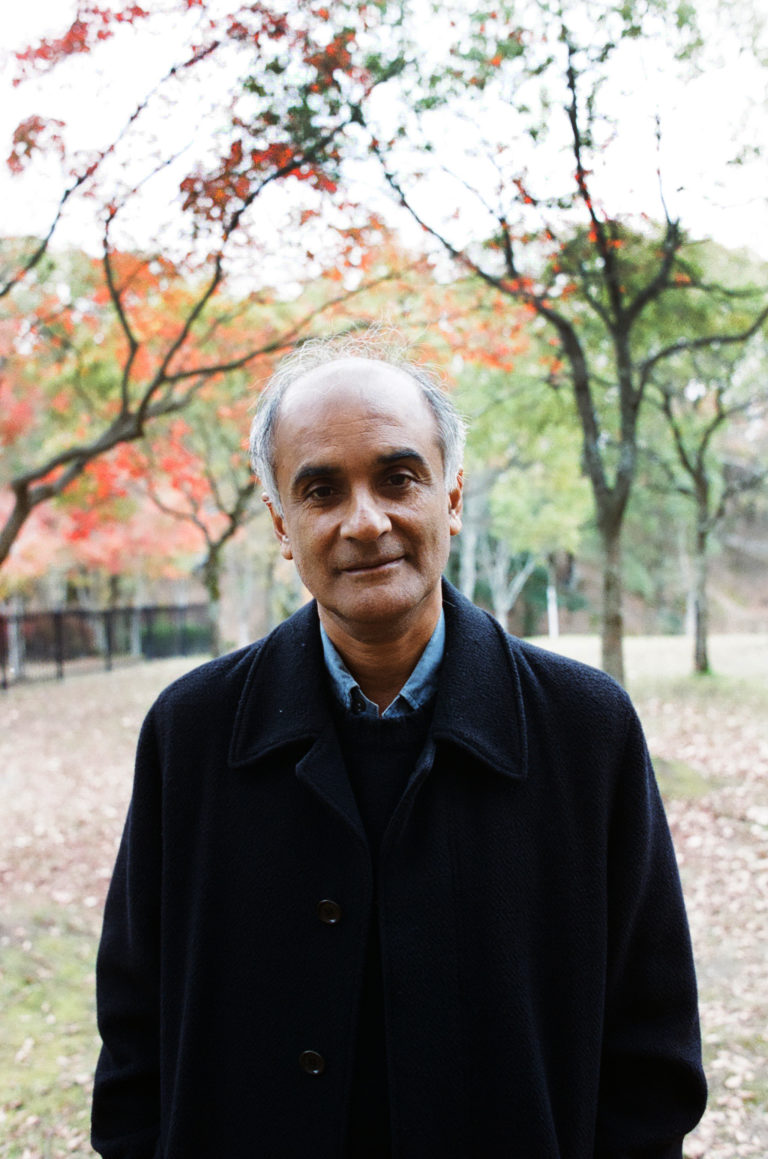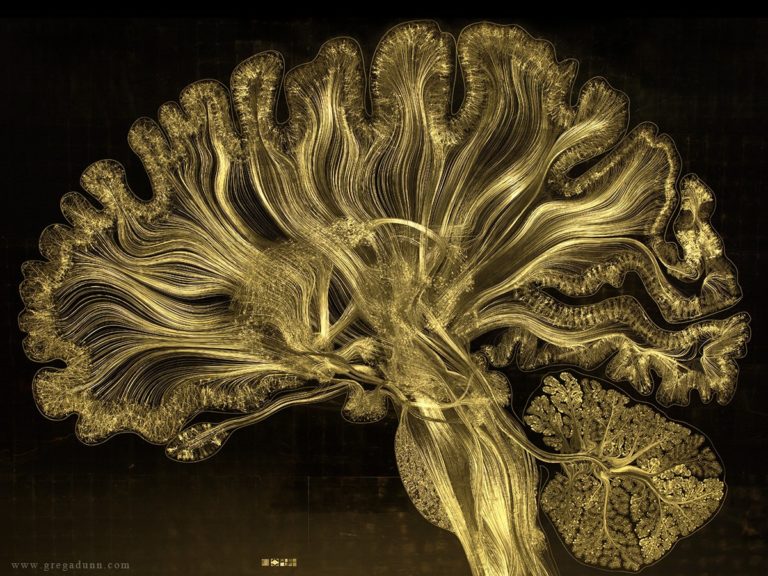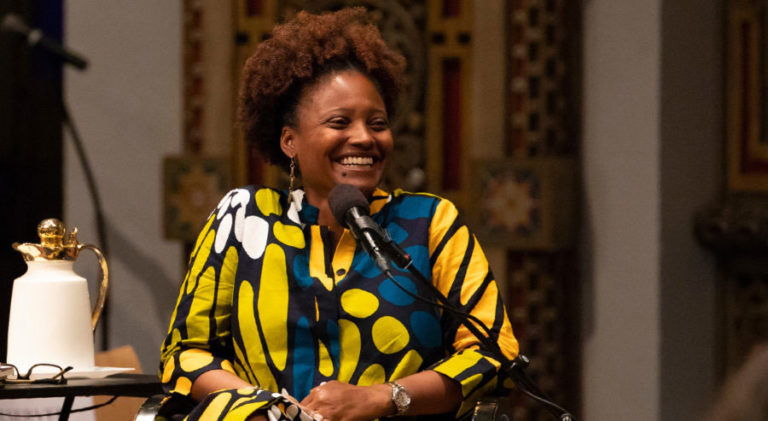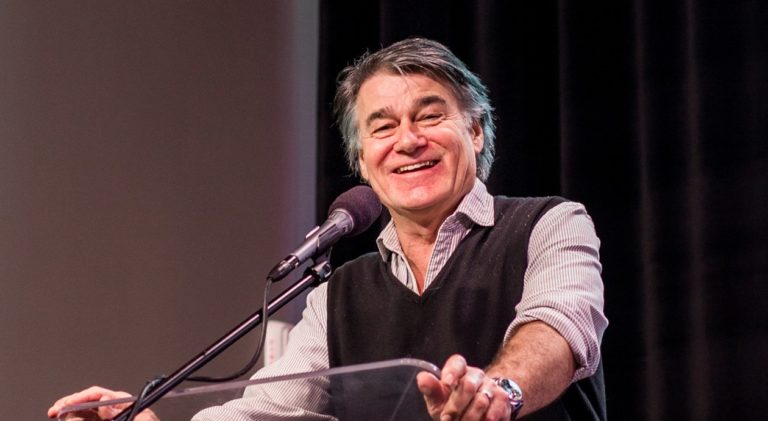Editor’s note: In February 2020, L’Arche International released the results of an independent investigation that it commissioned into Jean Vanier, who died in 2019. The investigation determined that the L’Arche founder, Catholic philosopher and humanitarian engaged in manipulative sexual relationships with at least six women from 1970-2005. None of the women had disabilities. The report also concluded that Vanier was complicit in covering up similar sexual abuse by his mentor, the late Father Thomas Philippe. In this response, Krista reflects on the moral questions and meaning raised by these discoveries.
A philosopher and Catholic social innovator, Jean Vanier is one of the great elders in our world today. The L’Arche movement, which he founded, centers around people with mental disabilities. The dozens of L’Arche communities around the world have become places of pilgrimage and are transformative for those involved and for the world around them. He has devoted his life to the practical application of Christianity’s most paradoxical teachings — that there’s power in humility, strength in weakness, and light in the darkness of human existence.


